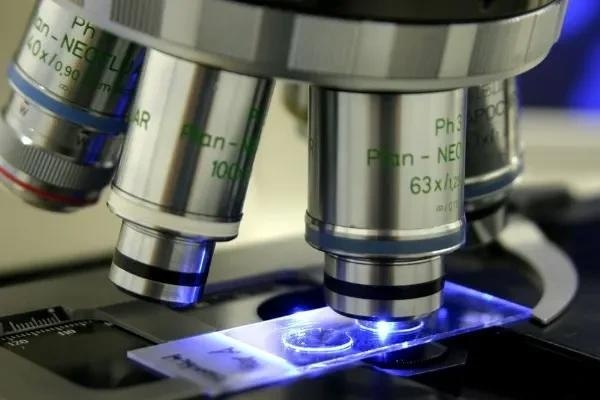It is important in clinical trials, exploratory studies, proof-of-concept analysis, and research and development to acquire samples most suitable for desired results.

Image Credit: BioIVT, LLC
Both processing methods—formalin-fixed paraffin-embedded (FFPE) and flash-frozen—effectively preserve biospecimens. However, the choice between them depends upon the specific application.
FFPE
Advantages
- Can be stored at room temperature for an extended period
- Advantageous for immunohistochemical (IHC) staining
- Cost-effective
- Widespread availability
Disadvantages
- Formalin is toxic and typically not suitable for molecular analysis
- Processing protocols lack standardization, resulting in samples being processed differently. It is crucial to have a biorepository with strict Quality Assurance and Quality Control processes in place
Flash frozen
Advantages
- Suitable for molecular analysis, including DNA/RNA quality and extraction, and gene expression and sequencing
- Maintains sample integrity and molecular viability
- Suitable for mutation analysis
Disadvantages
- Increased shipping expenses
- Deteriorates at room temperature
- Not suitable for IHC staining
About BioIVT
BioIVT, formerly BioreclamationIVT, is a leading global provider of high-quality biological specimens and value-added services. We specialize in control and disease state samples including human and animal tissues, cell products, blood, and other biofluids. Our unmatched portfolio of clinical specimens directly supports precision medicine research and the effort to improve patient outcomes by coupling comprehensive clinical data with donor samples.
Our Research Services team works collaboratively with clients to provide in vitro hepatic modeling solutions. And as the world’s premier supplier of ADME-Tox model systems, including hepatocytes and subcellular fractions, BioIVT enables scientists to better understand the pharmacokinetics and drug metabolism of newly discovered compounds and the effects on disease processes. By combining our technical expertise, exceptional customer service, and unparalleled access to biological specimens, BioIVT serves the research community as a trusted partner in ELEVATING SCIENCE®.
Sponsored Content Policy: News-Medical.net publishes articles and related content that may be derived from sources where we have existing commercial relationships, provided such content adds value to the core editorial ethos of News-Medical.Net which is to educate and inform site visitors interested in medical research, science, medical devices and treatments.